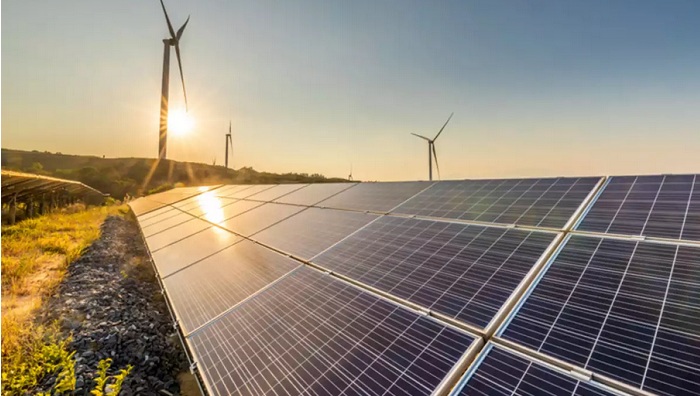Spain approved a decree setting out rules for renewable energy auctions with the aim of holding the first round by the end of this year, its Energy and Environment Ministry said.
A vocal supporter of European efforts to limit planet-warming emissions, Spain has set out an ambitious plan to install 50 gigawatts of renewable capacity by 2030, a process it hopes will also create more than 100,000 jobs annually and reduce energy costs for consumers and businesses.
Rolling out renewables “is a crucial lever to reactivate the economy, for a recovery, and we cannot wait,” Energy and Environment Minister Teresa Ribera said.
The auction system being replaced was created in 2013, when the costs of producing energy from renewable sources were higher than the price it could command in the market, Ribera said, but solar energy can now be produced at costs lower than the market price.
“We have to make sure this can be integrated into the system in an orderly fashion, benefiting consumers,” she said. Tuesday’s decree should give the sector “confidence to be able to hold the first (auction) before the end of the year”.
Bids will be submitted sealed, and the winners will receive different prices based on their offers, in what is known as a “pay as bid” system.
Prime Minister Pedro Sanchez’s cabinet also approved a plan setting out a route to make Spain’s economy carbon neutral by 2050 – using offsets like planting carbon-absorbing trees to balance out climate-changing emissions.
Under this plan, Spain expects to be able to reduce its emissions by 90% from their 1990 levels and offset the remaining 10%.





































